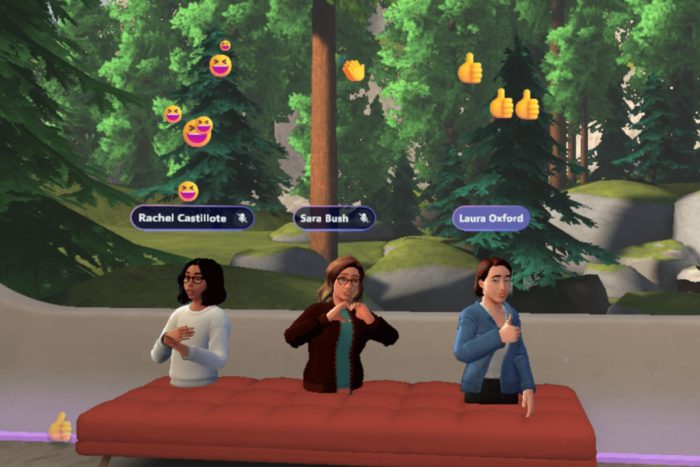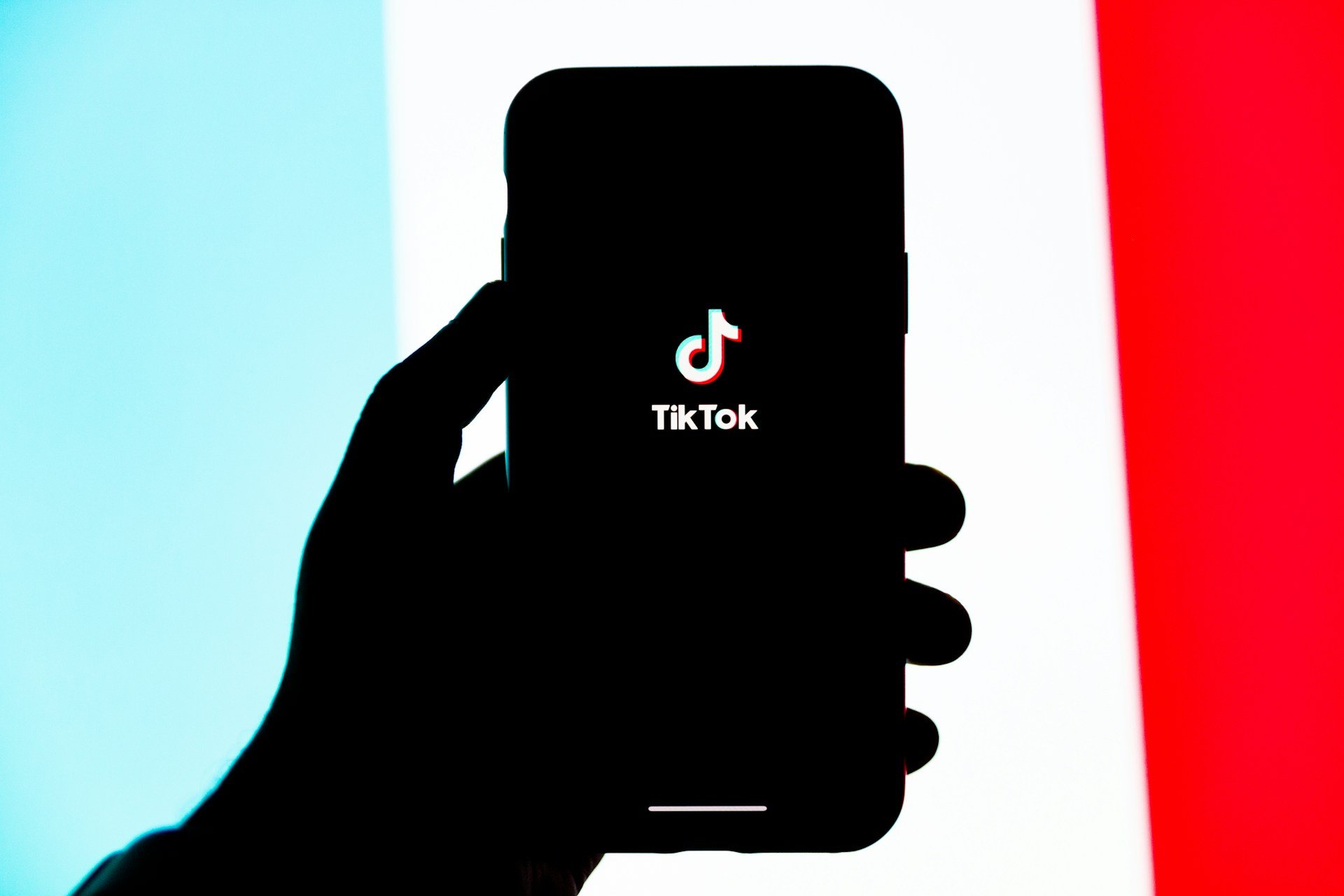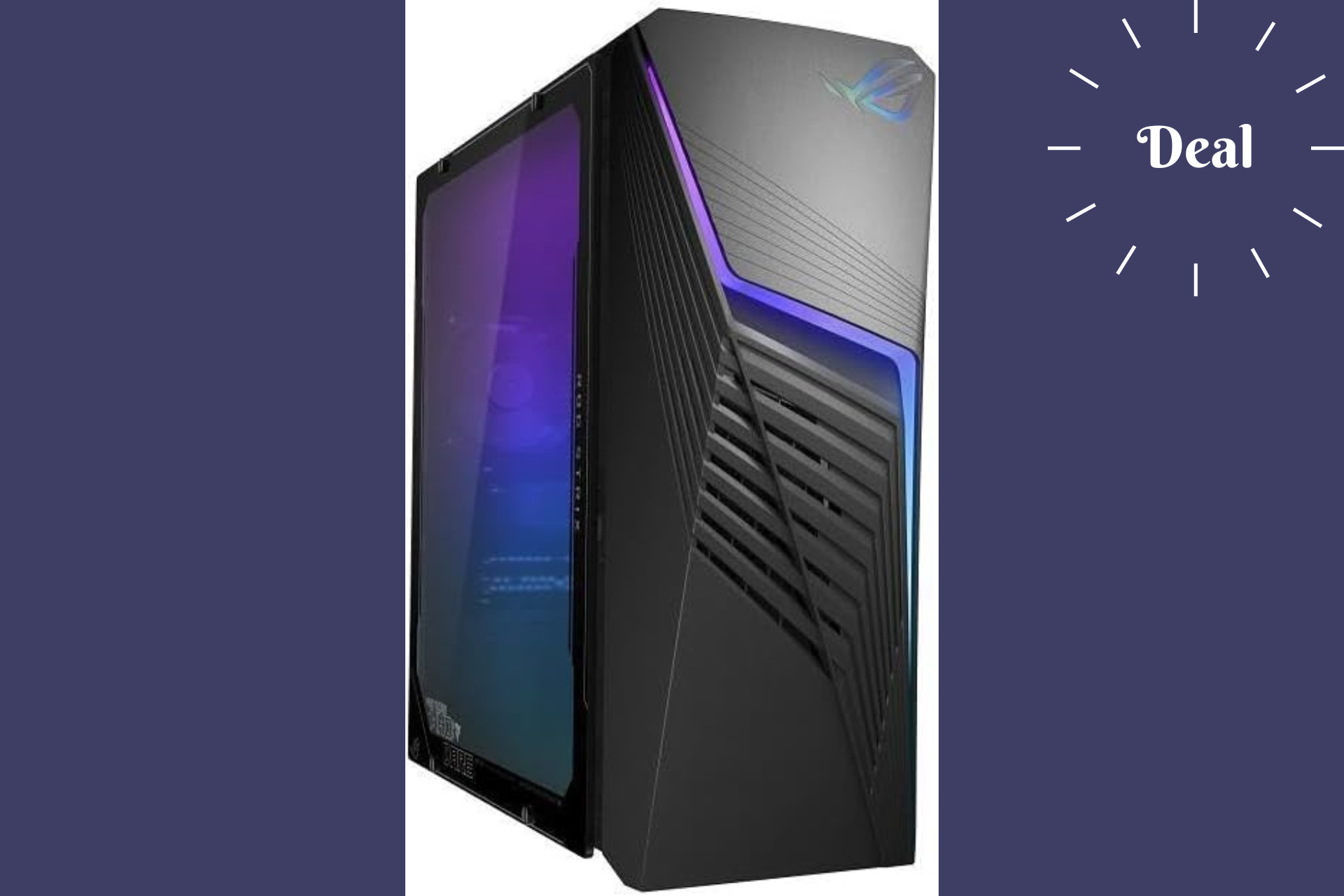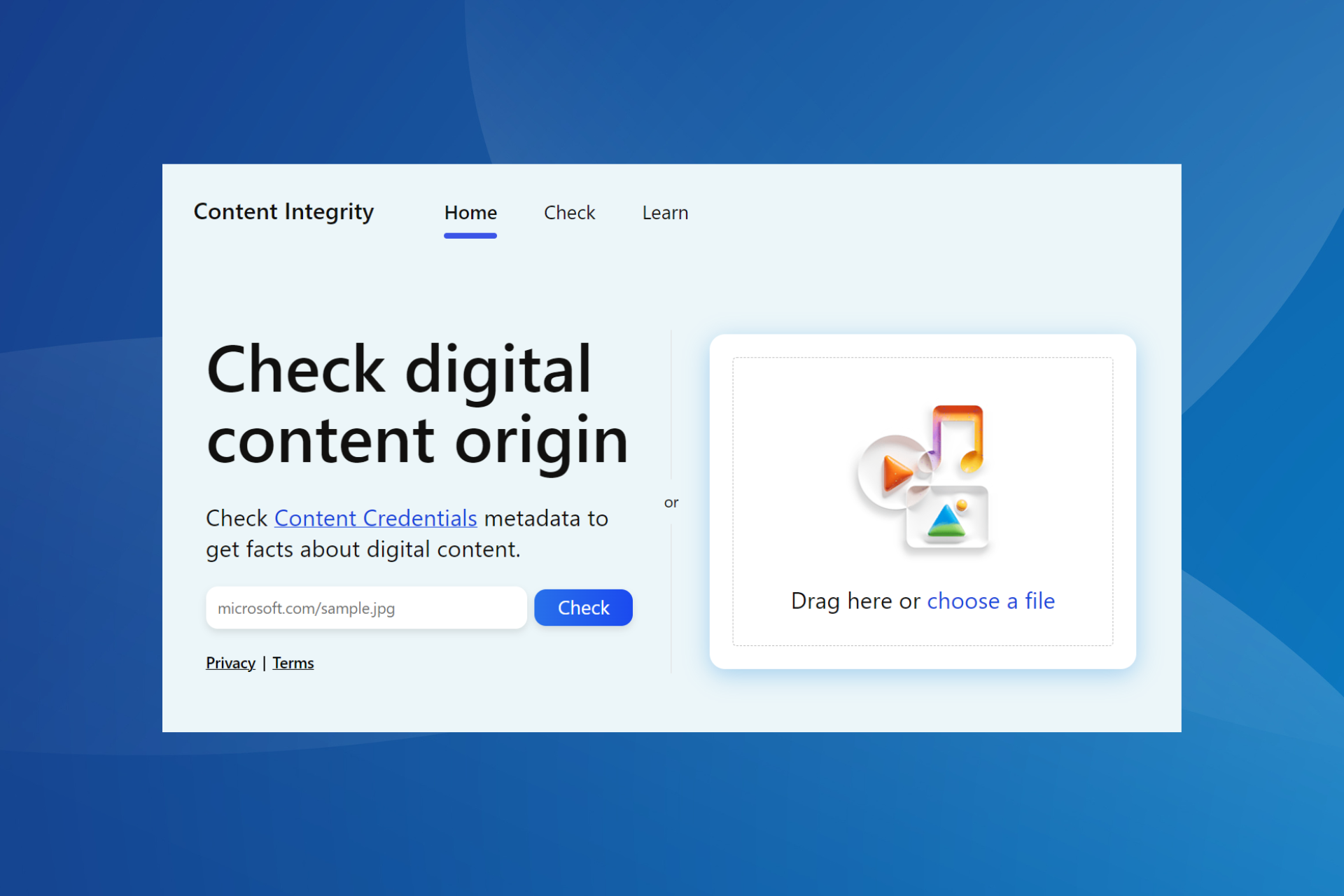Microsoft Mesh promises hybrid human interaction, but in the end, it feels like a Sims simulation
Microsoft Mesh might be a good idea, but we're not there yet.
4 min. read
Published on
Read our disclosure page to find out how can you help Windows Report sustain the editorial team Read more

Microsoft Mesh was released to Teams a while ago, and with it, the Redmond-based tech giant promised organizations a platform where they can host hybrid, but still very human interactions with the help of virtual 3D environments and the use of Teams avatars.
Mesh is somehow a quite useful platform: Microsoft has given developers the ability to work on customized environments, meaning the platform can be set up to support a variety of different settings.
From beaches to mountains to a virtual retreat near the lake, to a camp, even, where employees can take on their virtual avatars and hang out, professionally, and, Microsoft emphasizes, personally.
The platform is quite easy to set up, as well, and it can be done by accessing Teams. However, for a truly immersive experience, a VR set should be used to access these environments.
However, even then, something is off with Microsoft Mesh. We reported, earlier this year, that the platform feels like a Black Mirror episode: it offers a chance to hang out with other work colleagues and forge some sort of bonds, but in the long run, if it proves to be a success (most likely not), the Redmond-based tech giant might be adding ads to it.
Microsoft, on the other hand, says Mesh is helping its employees build connections and strengthen bonds within Mesh. In a blog post published recently, the Redmond-based tech giant says some employees think the whole experience of using Microsoft Mesh is magical and special, and that is due to the spatial audio capabilities of the platform, which makes other users feel as if they are near you.
Most employees agree that this is one of Mesh’s biggest and most intriguing features. The immersive audio capabilities allow users to perceive sounds as they would in real life. For example, the effects of fading in and fading out appear when someone is distancing themselves from a Mesh group.
You’ll get a visual notification on your screen, and you will notice the audio fade out and you can no longer hear those people that you were standing with. But now you can hear this other group that you’ve walked over to. This experience is more akin to being together physically.
Microsoft employee
Others agree:
Spatial audio is amazing. It really does feel like you’re in the room by mimicking real audio behavior, and it helps capture nuances and non-verbal cues that don’t always come through in standard online meetings but are so important for the group dynamic. Immersive spaces makes people confident, and that goes a long way toward building social connections.
Microsoft employee
Microsoft says the Mesh impressed even the most skeptical of testers:
Of course, it was a little unusual at first, because you’re in a meeting room with people, but we’re not actually in a meeting room. But it really did feel like we were in a space together. It’s all just on Teams on the computer, yet it gives you that sense of social connection. It’s more casual. More intimate. And that opens us up to more collaboration and connection, and that engagement enhances any kind of remote or hybrid team experience.
Microsoft employee
However, is it? Is it indeed more casual? Or intimate? According to statistics from Exploding Topics, Metaverse, another immersive virtual space platform, has over 400 million users, so you say the platform is popular. But, over 80% of these users are younger than 16.
So that means that the current generations currently active in the working field: Gen Z, which are now around 20, and older, or Millenials, who are approaching their 40s, are not currently interested in virtual spaces.
Microsoft might mean well, and I really think it does, but for now, Microsoft Mesh seems too early, and way too soon. The recent pandemic changed the whole work dynamic, and hybrid jobs, or remote jobs are becoming more and more popular among the workforce: this means people don’t really want to get personal when it comes to work.
But even if they would want to, a physical and real interaction would still be preferable, to hanging out in a virtual space.
What do you think?
You can read Microsoft’s full blog post here.








